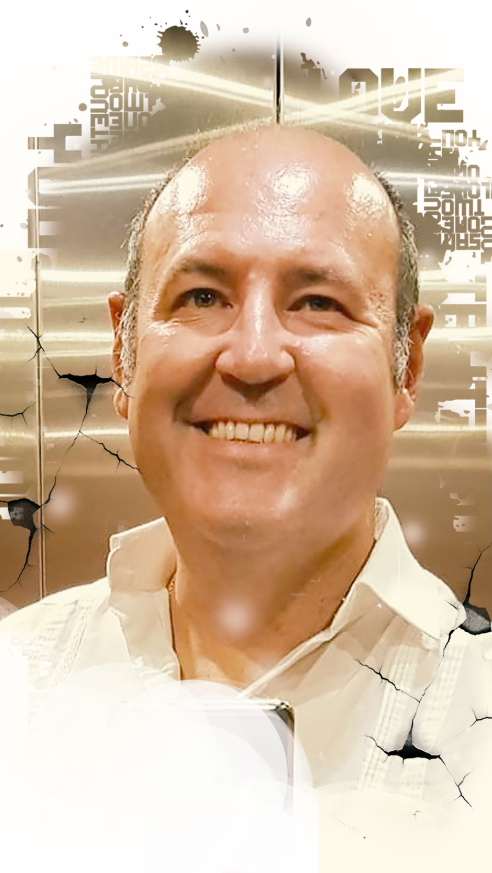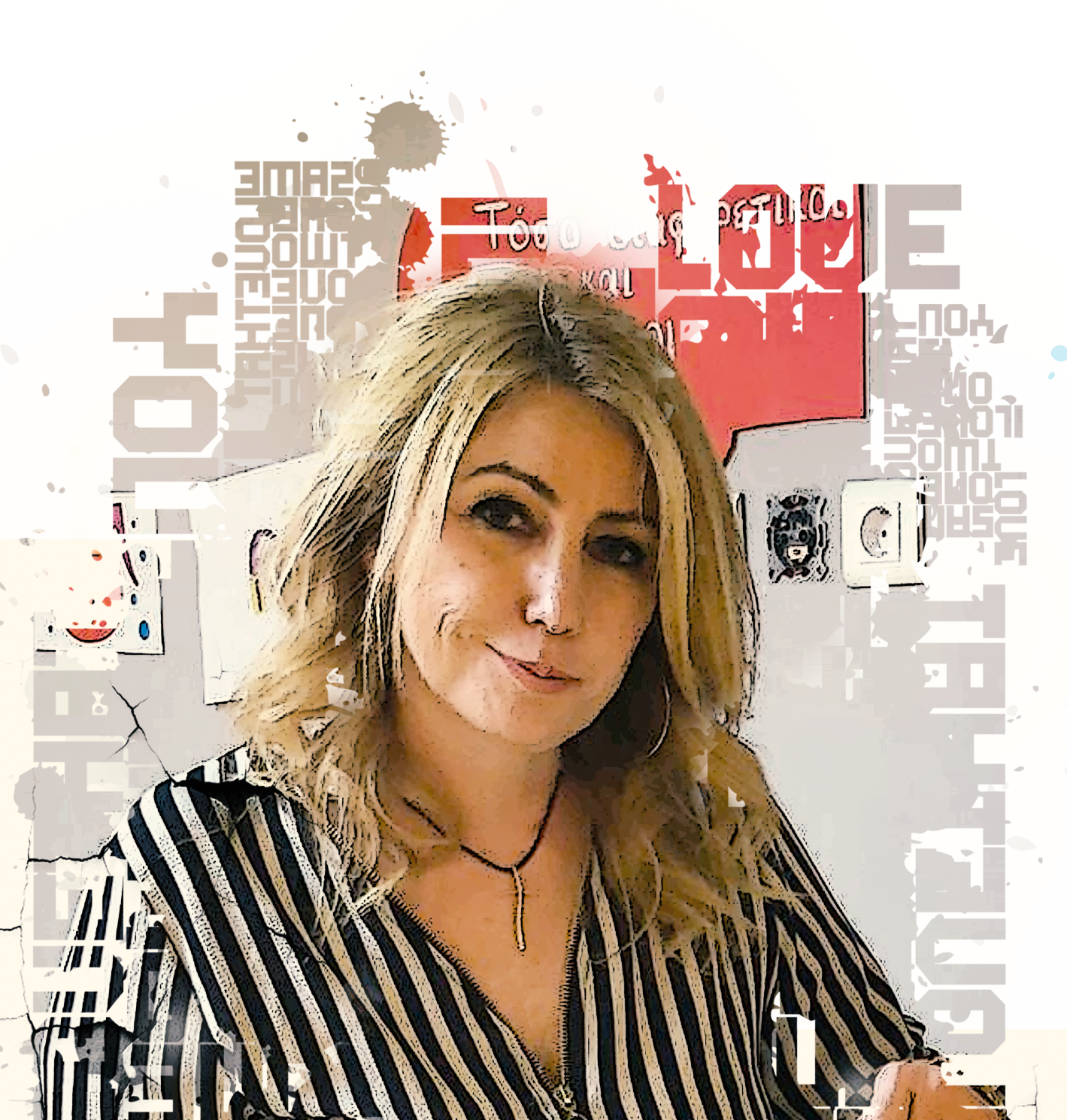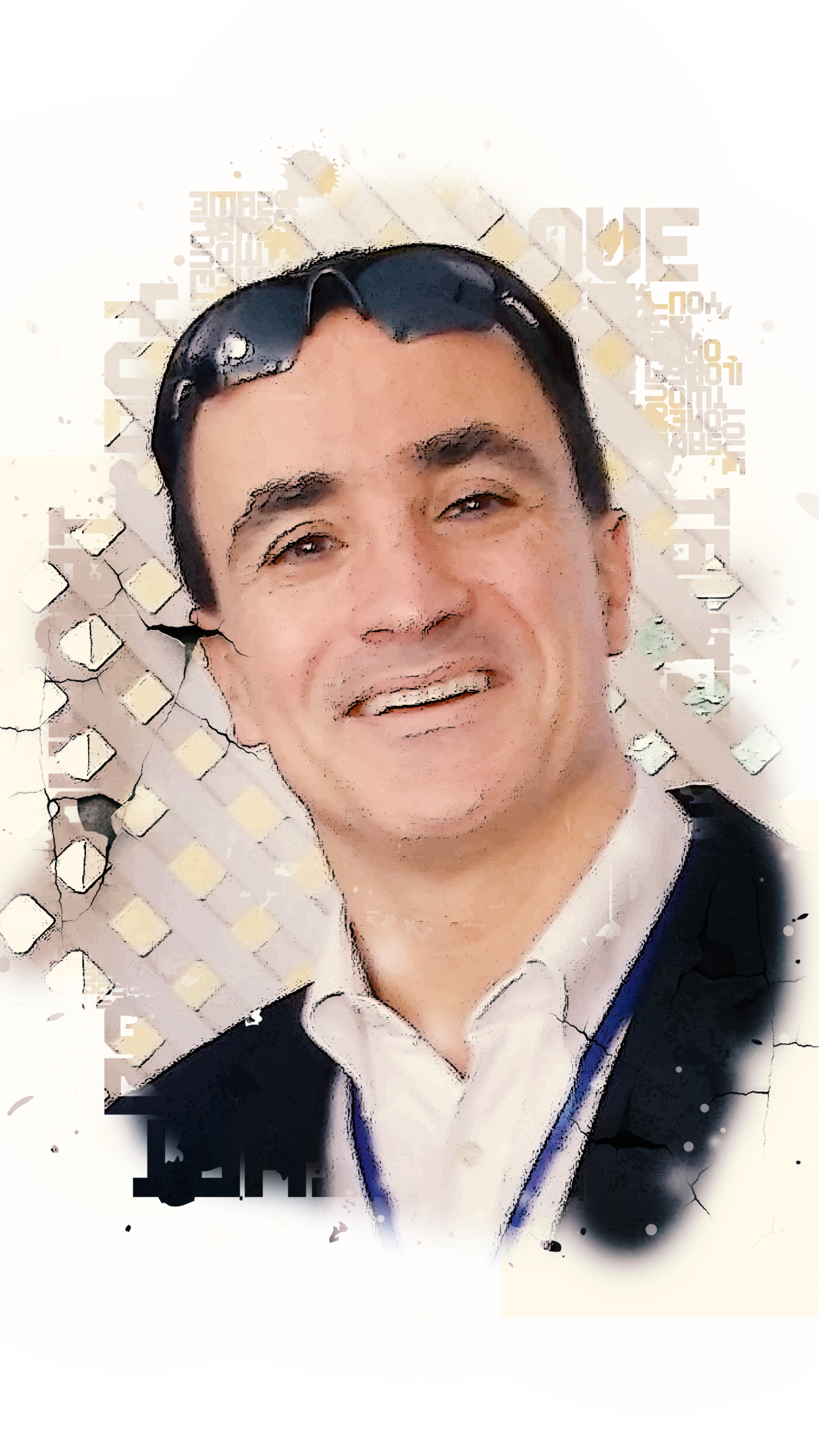- Is NLP an educational tool or a form of therapy?
I would be somewhat skeptical about using the term "therapy" because it sounds like a robust descriptor, and I am not sure if it reflects the actual nature of NLP. To my mind, NLP is more like a "mindset" or "context" that one could also use as an educational tool. I also believe that to what extent one could use NLP in a school context is entirely an issue of curriculum design, and in some cases, it might depend on the "freedom" or "space" a teacher has to try new things. So, for me, NLP is a "pool of ideas" that teachers can integrate into their lessons when they see fit.
- Why is neurolinguistics important in learning a second language?
Learning a second language has become an overwhelmingly standardized process. As a result, students can be very easily discouraged or even be lead to misinterpret the actual goal of going through this process per se. I think we have forgotten that learning a second language will never cease to be a natural, human, brain-based function activated by acquisition and motivation. On the contrary, I think students face more "obstructions" (rather than motives) which make this process a not so inviting one… That's where neurolinguistics could help. For example, it might be quite revealing for a student to realize the interconnection between mind and body and that so much knowledge comes in through our senses. Another example could be the technique of visualizing success, which might be a significant motivating factor for students when they feel there is no meaning in coming to the English class. I think both students and teachers could benefit from ideas like these, especially when the learning process seems to get stuck or becomes non-motivating.
- What is the role of neurolinguistics in teaching and learning?
One of the leading roles they could play is paving the way to a growth mindset context for learning. Growth starts with a cognitive self-realization process that all students should go through. Every student needs to be aware and discover how they learn best. I believe it’s their right to do so, and the teacher somehow must demonstrate this path to them. Unfortunately, very few students realize what works for them, and often they are stuck into repetitive, non-effective learning practices. I think neurolinguistics can help them become in charge of their learning and thus discover their ways of finding new knowledge. Of course, the teacher should always be a facilitator of this learning process by conveying some techniques or theories found in neurolinguistics. In a nutshell, neurolinguistics can be a fascinating, new gate to knowledge that students and teachers could cross together.
- Are we born with a capacity for language?
I think we are... Language is a fundamental and default element of human evolution. People are wired to connect and collaborate; for connection and collaboration, you need verbal communication. Neuroscience, for years, managed to spot the exact places in our brain where language is saved and processed. These specific "neuro places" have always been there, and I can only assume and refer to them as naturally born traits of our brains
- Is CLIL, STEAM etc. a method or a trend?
I think they are methods that lately have become increasingly trendy. I believe both CLIL/STEAM and similar methods are very sound, and I find great didactic value in them. But to answer your question, I will pose another question. Do we use them because we have thoroughly grasped their importance and know how to implement them, OR are we simply following the trend? That is something that every teacher should wonder about. As a teacher trainer, I have come across many cases of schools that do promote themselves as "CLIL Schools", but they have neither the trained staff nor the resources, sometimes not even the right expertise for delivering these methods. In a nutshell, I believe students can benefit a lot from them, but only after the teachers' prudent, conscious, and well-trained delivery.
- How has Covid-19 changed you as a person?
It changed me radically and thoroughly. It brought a very abrupt change in my way of life. From being an "international ELT jet-set traveler for Express Publishing", I had to be grounded in an apartment in Kypseli. But I saw the bright side of the whole event, discovered self-reflection and reconnection with my family, redefined my values and now, after the pandemic, I am counting my blessings. Moreover, it was because of COVID-19 that I discovered how much I enjoyed communication and interaction via social media and decided to become good at it.
- What is the main point you'd like readers to go away with?
There can't be life without adversity, obstacles, problems or losses. Accept them, embrace them, think about your perspective/action against them and never give up. Happiness and success will rarely knock on your door. You need to go out there and find their door. This path to discovery will give you the meaning to find your happiness.



